Fundamentals of ships and other floating structures

Overall Course Objectives
To give the students an introduction to the scientific methods applied to analyse and solve problems within the maritime field in connection with ships and other floating structures. Focus is given to calm-water conditions exclusively (i.e. no waves), and the course has two main themes: (1) Hydrostatics and (2) Resistance and propulsion. The students will be able to calculate hydrostatics and stability, including damage stability. Furthermore, the course will train the participants in analysing the propulsion of a ship and determine the necessary propulsive power with maximum efficiency.
Learning Objectives
- describe the geometry and function of ships and large, floating ocean structures,
- explain hydrostatic stability, including the effect of changes hereof because of moving of weights, free surfaces, etc.,
- make intact and damage stability calculations for floating structures in calm water,
- conduct an incling experiment of a model-ship and produce the associated computations,
- explain how forces in a simplified ship hull girder in calm water are distributed,
- describe the prerequisits related to model tests and calculations of resistance and propulsion of ships,
- explain the relevant theory connected to model tests focused on resistance and propulsion (Froude scaling),
- make the extrapolation from model to full-scale using ITTC-1978 method or equivalent method,
- describe the functioning of a propeller and explain the use of propeller diagrams, e.g. Wageningen B-series propeller,
- explain the general principles of the interaction between ship, propeller, and engine,
- determine the engine size in accordance with ship and propeller,
- describe ocean waves through a wave spectrum
Course Content
Function and geometry of ships and larger floating structures, intact and damage stability of floating vessels, and hull girder loads in calm water. Resistance and propulsion in calm water. Power prognosis on the basis of model tests and calculation of the optimum main engine. Introduction of basic theory related to ocean waves. The topics are illustrated by exercises and model tests.
Recommended prerequisites
Academic level in math and physics corresponding to the first year of studies.
Teaching Method
Lectures, exercises, group work, laboratory work, visit by/to maritime companies.
Faculty
Remarks
No English comment.



